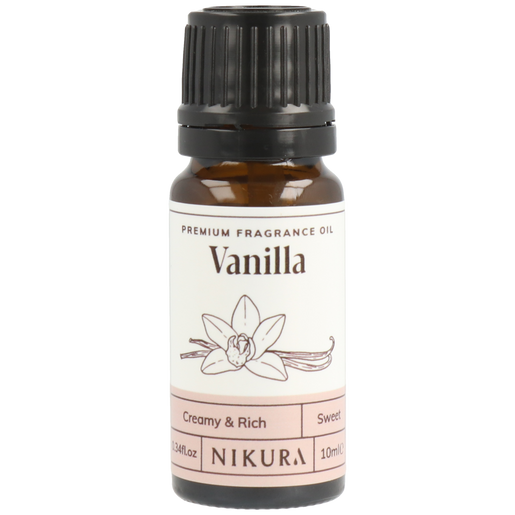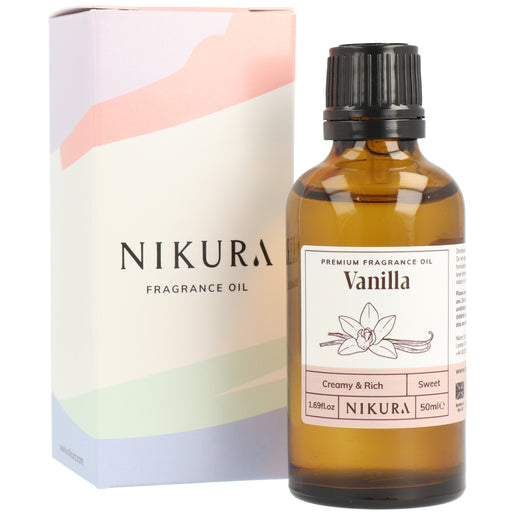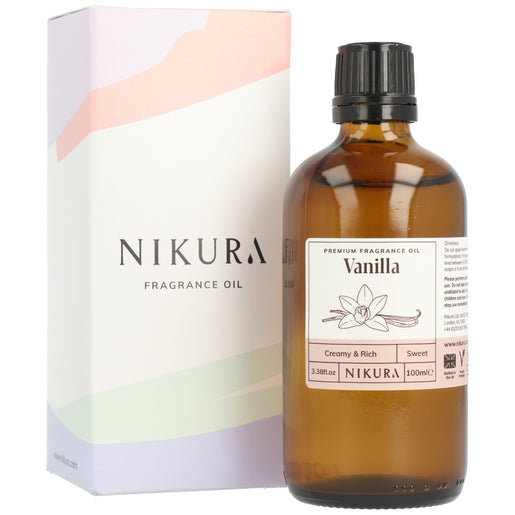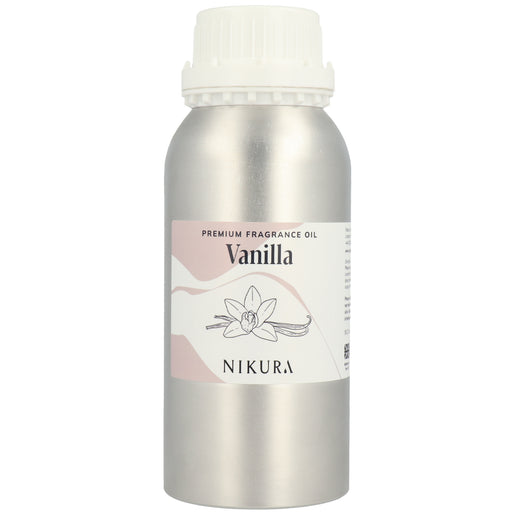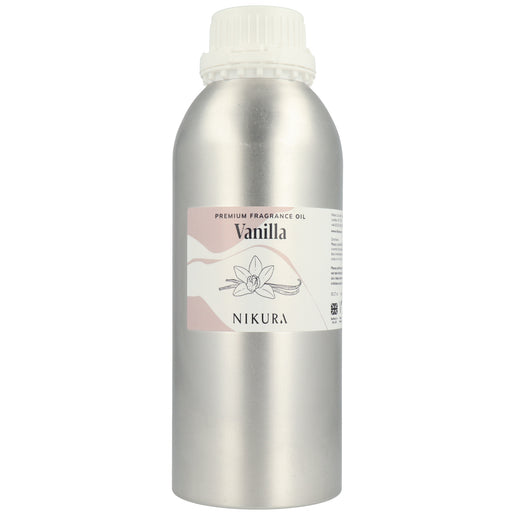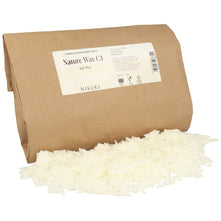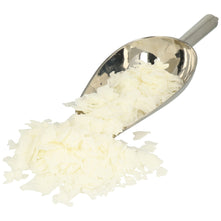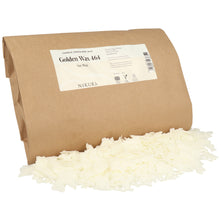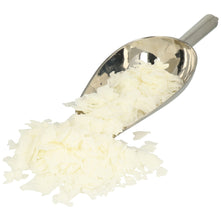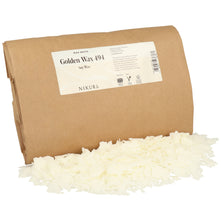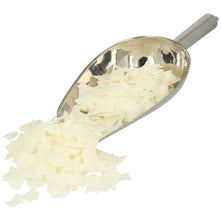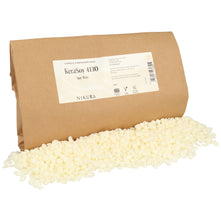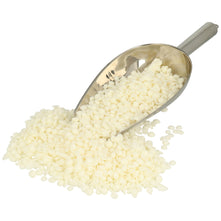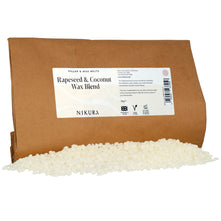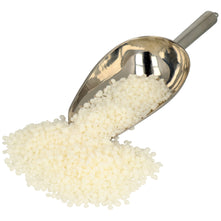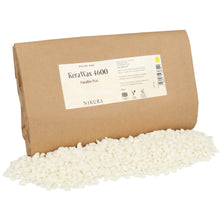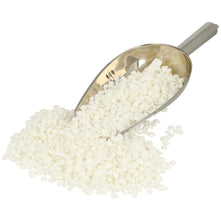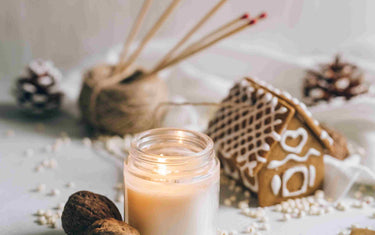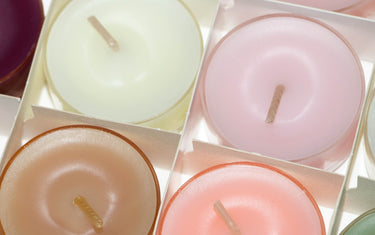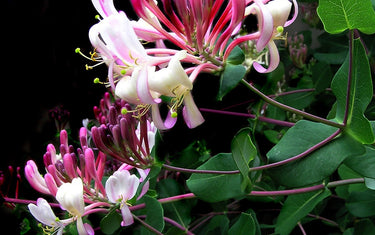- Home
- Fragrance Oils
- Vanilla Fragrance Oil
Vanilla Fragrance Oil
Rated 4.9 out of 5 stars
94 Reviews
-

- SWEET AROMA
- -
- CRUELTY FREE
- -
- FLORAL NOTES
-

Free Shipping
Over £35
Over £35
Interest-Free Payment Options
Stress-Free
30-Day Returns
30-Day Returns
Try these waxes in your candle, soap, or wax melt recipes:
KEY BENEFITS:
- High-quality, pure ingredients
- Genuine & long-lasting scent
- Ethically sourced & bottled in UK
- Affordable sizes for everyone
Try these waxes in your candle, soap, or wax melt recipes:
A truly timeless scent. Transport yourself back to the days when vanilla was the spice of kings and queens.
Luxurious vanilla sings out over gentle notes of exotic flowers in our Vanilla Fragrance Oil.
Precautions
- FOR EXTERNAL USE ONLY
- Do not apply undiluted to skin.
- Avoid use during pregnancy.
- Keep away from children.
- Store in a cool, dry place.
- Please perform a patch test before use.
- Keep away from eyes.
Product Details
- Bottled in the UK.
- Ethically Sourced and not tested on animals. Vegan friendly.
- Supplied in quality Amber Glass Bottle, Tamper Evident Lid & Dropper.
- Expiry Date & Batch Codes on labels.
Hobbyist or candle connoisseur? We offer high-quality essential and fragrance oils for businesses of all sizes. Sign up today to check out our business prices.
Free Shipping
Over £35
Over £35
Interest-Free Payment Options
Stress-Free
30-Day Returns
30-Day Returns
Share this product






